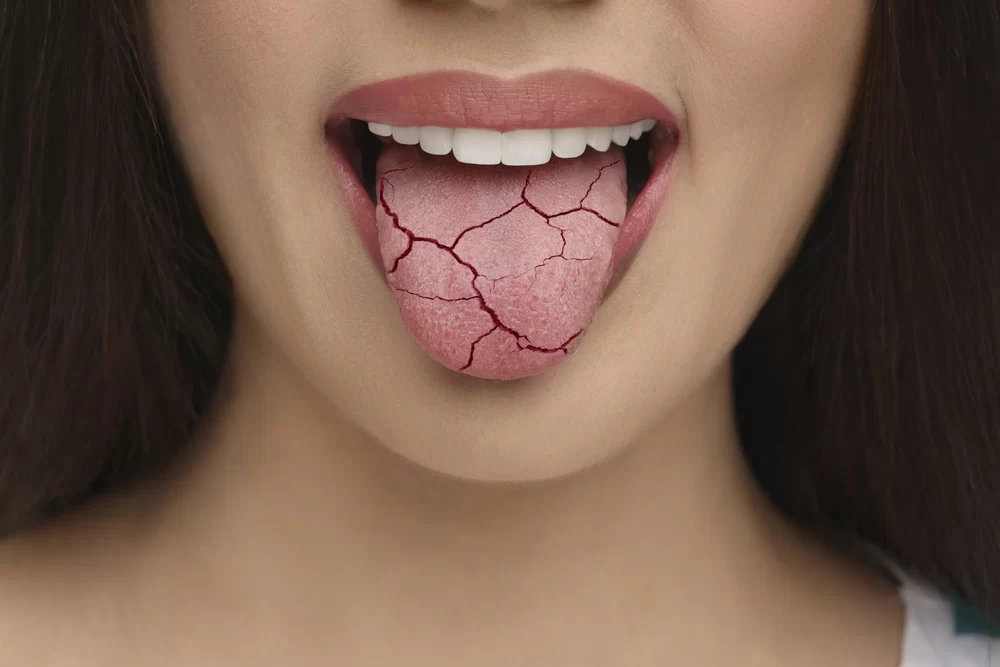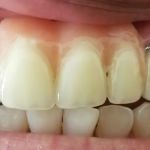
How to Effectively Manage Dry Mouth (Xerostomia): Proven Tips and Solutions
- What is Dry Mouth (Xerostomia)?
- What Causes Dry Mouth?
- Symptoms of Dry Mouth
- How to Manage and Treat Dry Mouth
- Lifestyle Changes to Improve Dry Mouth
- When to Seek Professional Help for Dry Mouth
What is Dry Mouth (Xerostomia)?
Dry mouth, also known as xerostomia, occurs when there is a decrease in the production of saliva. It can cause discomfort and make talking, swallowing, and even eating difficult. The saliva in your mouth plays a vital role in maintaining oral health by cleaning the mouth, aiding in digestion, and protecting your teeth from decay.
What Causes Dry Mouth?
Several factors can contribute to dry mouth. Some of the most common causes include:
- Medications: Many medications, such as antihistamines, antidepressants, and pain relievers, can reduce saliva production.
- Health Conditions: Certain medical conditions like diabetes, Parkinson's disease, or Sjogren’s syndrome can lead to dry mouth.
- Dehydration: Not drinking enough fluids can cause dehydration, which reduces saliva production.
- Smoking or Alcohol: Both smoking and alcohol consumption can contribute to dry mouth by affecting saliva flow.
- Age: Older adults are more likely to experience dry mouth due to changes in their body and increased use of medications.
Symptoms of Dry Mouth
Dry mouth can manifest in various ways. Common symptoms include:
- A dry, sticky feeling in the mouth
- Difficulty swallowing or speaking
- Bad breath
- Sores or cracks at the corners of the mouth
- Dry throat or hoarseness
- Changes in taste
If you experience any of these symptoms, it may be time to explore ways to manage dry mouth.
How to Manage and Treat Dry Mouth
There are various ways to manage dry mouth, from simple home remedies to professional treatments. Here are some proven tips:
- Drink Plenty of Water: Staying hydrated is one of the simplest and most effective ways to relieve dry mouth. Sip water throughout the day to keep your mouth moist.
- Chew Sugar-Free Gum: Chewing gum stimulates saliva production. Choose sugar-free gum to avoid further harming your teeth.
- Use Saliva Substitutes: Over-the-counter saliva substitutes can help keep your mouth moist when natural saliva is insufficient.
- Humidify Your Living Space: Using a humidifier, especially at night, can help prevent the air from drying out your mouth.
- Avoid Caffeine, Alcohol, and Tobacco: These substances can reduce saliva production, worsening dry mouth symptoms.
Lifestyle Changes to Improve Dry Mouth
In addition to specific treatments, making a few lifestyle changes can also help manage xerostomia:
- Eat Moist Foods: Choose foods with high water content, like fruits and vegetables, and try using extra sauces or gravies to keep foods moist.
- Practice Good Oral Hygiene: Brush your teeth at least twice a day and floss daily to help prevent tooth decay and gum disease, which can be exacerbated by dry mouth.
- Reduce Stress: Stress can worsen dry mouth symptoms. Practicing relaxation techniques like meditation or yoga can help.
When to Seek Professional Help for Dry Mouth
If dry mouth persists despite trying home remedies and lifestyle changes, it may be time to consult a healthcare provider. A dentist or doctor can identify the underlying cause of your symptoms and recommend appropriate treatments, such as:
- Prescription medications to stimulate saliva production
- Prescription fluoride treatments to protect your teeth
- Referral to a specialist if a medical condition is causing your dry mouth
In some cases, dry mouth may be a sign of a more serious health issue, so seeking professional help is essential.
If you're struggling with dry mouth, don't suffer in silence. There are many effective ways to manage xerostomia, from simple lifestyle changes to more advanced treatments. By implementing some of the strategies mentioned above, you can significantly improve your comfort and oral health.
To learn more about managing dry mouth and discover products designed to help alleviate symptoms, click here for more information and the latest solutions.







 Rush Family Dental5.0 (161 review)
Rush Family Dental5.0 (161 review) Lafayette Hill Family Dentistry4.0 (5 review)
Lafayette Hill Family Dentistry4.0 (5 review) Steven J. Moravec, DDS, MS4.0 (189 review)
Steven J. Moravec, DDS, MS4.0 (189 review) Sunnyvale Pediatric Dentistry and Orthodontics4.0 (365 review)
Sunnyvale Pediatric Dentistry and Orthodontics4.0 (365 review) New Millennium Dental Group3.0 (30 review)
New Millennium Dental Group3.0 (30 review) By Design Dental4.0 (52 review)
By Design Dental4.0 (52 review) The Importance of Oral Health Education During Pregnancy for a Healthy Pregnancy
The Importance of Oral Health Education During Pregnancy for a Healthy Pregnancy Best Tips for Brushing Your Teeth Properly for Healthy Gums: Essential Techniques for Oral Health
Best Tips for Brushing Your Teeth Properly for Healthy Gums: Essential Techniques for Oral Health Why Skipping Dental Checkups Can Lead to Bigger Oral Health Problems
Why Skipping Dental Checkups Can Lead to Bigger Oral Health Problems Advantages of Porcelain Dental Restorations
Advantages of Porcelain Dental Restorations How Can Diabetes Cause Tooth and Gum Problems? Preventing and Managing Oral Health Issues
How Can Diabetes Cause Tooth and Gum Problems? Preventing and Managing Oral Health Issues Healthy Habits for Promoting Good Oral Health and Hygiene: Tips for a Healthy Smile
Healthy Habits for Promoting Good Oral Health and Hygiene: Tips for a Healthy Smile